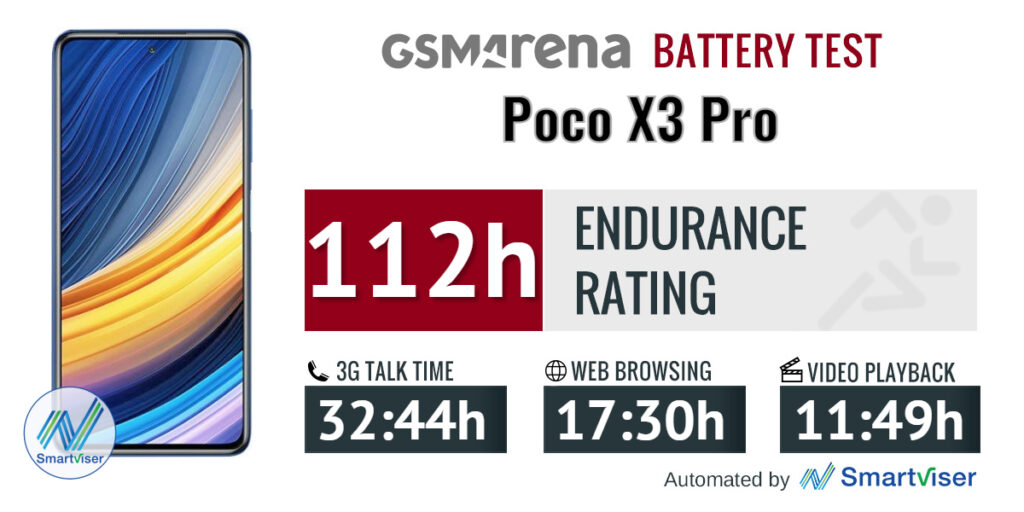How Knowing The Difference Is Key
People can sometimes get easily confused between the terms Search Engine Optimization (SEO) & SEM (Search Engine Marketing). After all, both acronyms contain ‘search engine’. At times, both terms are used interchangeably thus adding to the confusion even further. This article clarifies the differences between the terms and their similarities. In modern times, SEO in digital marketing plays such an important role.
What's SEO?
SEO is an internet marketing strategy in making web content search-engine friendly and improving its ranking respective to its associated keywords. If you’re running a website, let’s say a travel blog, and want it to be one of the 10 search entries whenever users type ‘travel blog’ in their search entries, then studying the processes of SEO can help you improve the overall ranking of your website. Mind you, SEO is more than just incorporating SEO keywords in your web content. SEO is an ‘organic’ method of marketing, meaning it’s earned through non-paid marketing methods. An article by Search Engine Land contains a comprehensive and detailed list of pointers about the entire process of SEO. See how it’s more complicated than you think it is? But for your convenience, below is a short list of basic but crucial SEO tactics you can use:
- Incorporating search-engine-friendly keywords
- Sharing relevant content that is ideally made to draw more user traffic
- Utilize other marketing methods such as content marketing to add value to your content
- Work on getting citations and references about your website from multiple platforms, especially reputable ones
How About SEM?
Search engine marketing, or SEM, is meant to cover both search engine optimization (SEO) and paid searches, also known as PPC (pay-per-click) or CPC (cost-per-click) marketing. From enhancing content with organic keywords to making sure a landing page meets Google’s AdWords quality guidelines, any optimization for the web traditionally falls under the umbrella of SEM.
Over time, though, SEM has come to mean something much more specific. Popular usage now covers paid search exclusively, with SEO separated out. SEM still refers occasionally to paid search with a minor emphasis on SEO, but that’s even rarer than using the term properly. For clarity’s sake, I’ll replace SEM with “paid search” for the rest of this post.
Why Does Knowing The Difference Matter?
The impact on your results
It’s not a good idea to expect fast results from an SEO campaign, and it’s not fair to expect long-term results from a paid search campaign without investing enough in it. When employed correctly, SEO and paid search will fill in each other’s gaps and shore each other up with their strengths. SEO is ideal for branded keywords once a brand is established, whereas paid search is ideal for one-off advertising campaigns, such as a special deal with a specific expiration date. It pays to know which tactic you need for your digital marketing campaign.
The impact on who you hire
If you’re looking for an SEO specialist and using SEM terminology, you’ll be inundated with applicants who have more experience with paid search than with SEO. You may also find an SEO pro with paid search experience, but I don’t recommend having a single person handle both. For the best results, you need to focus on one or the other. Some specialists can compartmentalize and not let paid and organic-keyword research taint each other, but many have trouble—upping the risk that your pair of keyword strategies will meld into one.








